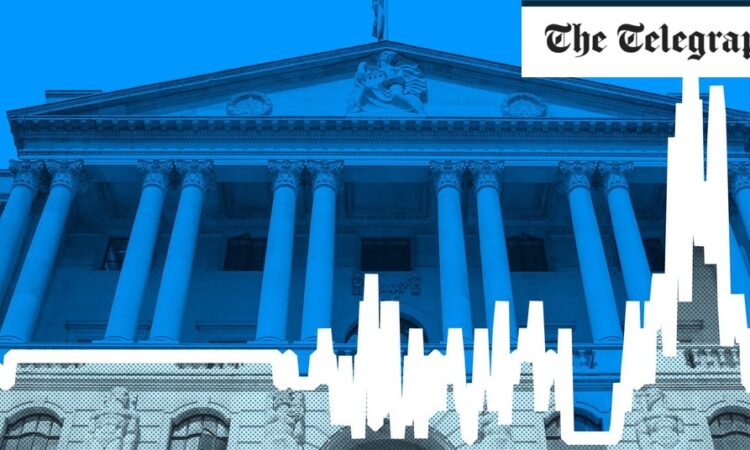
In my view, the Bank of England, the European Central Bank, and the Fed have failed to keep up with events in China, and are therefore underestimating the deflationary trade shock that is already hitting, and is likely to intensify, as Xi Jinping reverts to all the old pathologies of the Chinese development model.
Investment is back to the exorbitant level of 42-44pc of GDP, building up yet further industrial and manufacturing capacity that China cannot absorb and will be dumped on the world.
Chinese export prices have fallen 12pc in dollar terms over the last year, and 18pc in euros. China’s annual trade surplus in goods is running at $900bn (£707bn), large enough to distort global trade and to constitute a major shock for Europe as it languishes in semi-slump.
The falling price of Chinese goods explains the mystery of how the US can run a Rooseveltian budget deficit at the top of the cycle yet at the same time see a drop in core PCE inflation to just 1.5pc (annualised) over the last three months. It is a fair bet that inflation will fall further as fiscal largesse fades in the US, and even more so in Europe, over the course of 2024.
There is consensus of sorts that we have jumped to a new regime of permanently higher inflation and bond yields since the pandemic. This has never struck me as self-evident. Artificial intelligence is a deflationary force. So is Moore’s Law of semiconductor chips, poised for the next leap forward using compound materials.
So is the learning curve of clean-tech. The demographic crunch that pushed Japan into deflation has since spread to Korea, China and much of Europe.
We may wake up next year to discover that little has changed since the pre-Covid era of ultra-low inflation, when the natural rate of interest was pinned to the floor, and deflation was knocking at the door. The Bank of England is hedging against the wrong risk.






